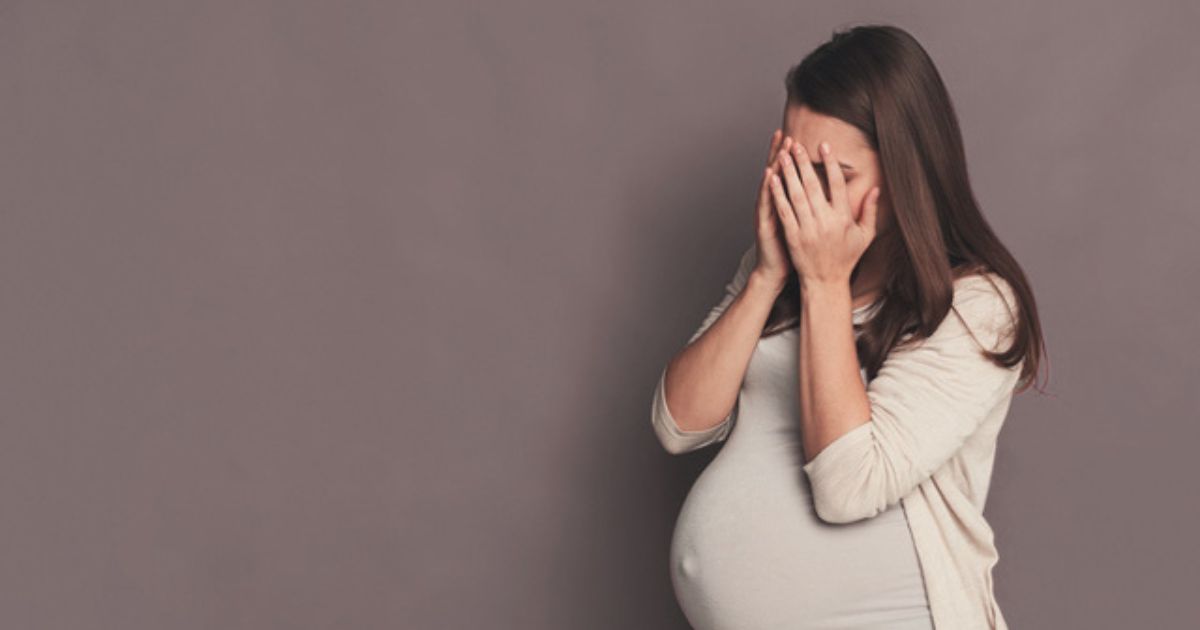The mental health crisis of mothers in India is a significant public health concern worldwide. A series of studies published in the US National Library of Medicine have revealed alarming statistics.
Approximately 22 to 23 percent of Indian women experience perinatal depression, highlighting the urgent need for attention and action.
Meet Pranjla, a first-time mother residing in North Delhi’s Model Town. Her story sheds light on the challenges faced by many mothers in India.
Pranjla shares that her anxiety levels soar uncontrollably at night, significantly affecting her mental well-being. This struggle has persisted for the nine months following her pregnancy.
“I started having it 2-3 months after giving birth. To define it, I would say it’s like having excessive fear and worry, to an extent that you cannot eat or sleep. It will not necessarily last the whole day but at any point in time, any sad or negative thought can trigger it,” Pranjla explained.
The arrival of a baby often shifts the focus entirely to the child, leaving mothers feeling neglected and isolated. Pranjla emphasized, “You are no longer a beautiful woman, the constant pains, the constant crying babies, staying up most of the night with the baby, staying indoors for so long.
A lot of support is needed to get through this stage, some lucky ones get support for a couple of months, which always seems less.”
Perinatal depression often leads to anxiety, which, in turn, increases the risk of developing depression. This complex web of mental health challenges demands immediate attention.
What Study Says About The Mental Health Crisis Of Mothers
According to a 2020 study published in an American journal, Sage Journals, over 23 percent of Indian women experience anxiety during pregnancy.
Anxiety is a well-known precursor to depression, further emphasizing the gravity of the situation. Globally, perinatal depression is a prevalent comorbidity of pregnancy, impacting women during conception and up to a year after giving birth.
Global research indicates that 13 to 30 percent of women suffer from perinatal depression, with the highest burden in low and middle-income countries like India.
Factors such as financial difficulties, previous psychiatric illnesses, marital conflict, domestic violence, lack of spousal support, and the gender of the baby all contribute to the risk factors associated with perinatal depression.
Perinatal depression can have devastating consequences, including an increased risk of suicide.
In a study on an Indian cohort of pregnant women, 7.6 percent reported suicidal thoughts. Additionally, perinatal depression can adversely affect a child’s behavioral, cognitive, and emotional development, as well as birth outcomes and physical growth.
Recognizing the signs and symptoms of perinatal depression is crucial. Dr. Kamna Chhibber from Fortis Healthcare explains that depression is often the result of neurotransmitter imbalances triggered by psychological or social factors.
Common signs include frequent crying, trouble sleeping, fatigue, changes in appetite, increased anxiety, poor fetal attachment, excessive guilt or low self-worth, and thoughts of death or self-harm.
Pregnancy involves a multitude of transitions, including significant hormonal changes. Dr. Swati Sinha, a Senior Consultant in Obstetrics & Gynecology, points out that the postpartum decline in estrogen and progesterone levels is a contributing factor to perinatal depression.
Genetic predisposition can also play a role, but women often hesitate to speak openly about their struggles due to societal expectations.
Dr. Supriya Malik, a Developmental Psychologist, emphasizes the romanticization of motherhood in Indian society, which can make women feel guilty about experiencing negative emotions during pregnancy and after childbirth.
The stigma surrounding mental health further discourages women from seeking help.
To address perinatal depression effectively, support from family and healthcare providers is essential. Dr. Harini Atturu, a Consultant in Psychiatry, highlights the importance of families providing mothers with the time and space to care for themselves.
Clinicians advise women to openly share their thoughts and feelings with healthcare providers and seek help without shame or guilt.
Strategies for managing perinatal depression include preplanning for postpartum depression, healthy habits like exercise and mindfulness, therapy, and counseling.
While medication can be an option, it is not recommended as a first-line treatment for most patients. Dr. Sinha cautions against the potential for substance abuse and dependence associated with some medications. Medications should be used judiciously under strict medical supervision.
One significant obstacle to addressing perinatal depression in India is awareness, or rather, the lack thereof.
A 2019 study found that over 91 percent of pregnant women in India were unaware of perinatal depression, while only 8 percent had knowledge about it. Furthermore, many healthcare professionals lack awareness of perinatal depression symptoms and appropriate referrals.
Maternal mental health is conspicuously absent from government health programs. The Reproductive, Maternal, Newborn, Child, and Adolescent Health (RMNCH + A) program, in effect since 2013, focuses solely on physical well-being and does not address the mental health challenges that often arise during pregnancy.
Similarly, the National Mental Health Program (NMHP) has not incorporated maternal mental health despite numerous program revisions over the years.
In conclusion, India is facing a hidden crisis in the form of perinatal depression and maternal mental health challenges.
To address this crisis effectively, there is an urgent need for increased awareness, improved healthcare provider education, and the integration of maternal mental health into government health programs.
It’s time to prioritize the mental well-being of mothers, ensuring they receive the support and care they need during one of the most transformative periods of their lives.




























